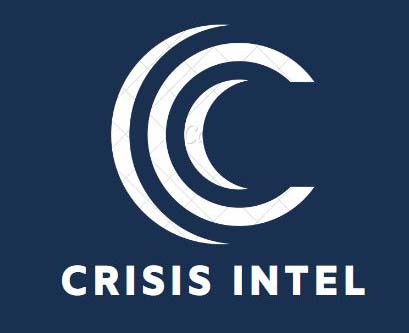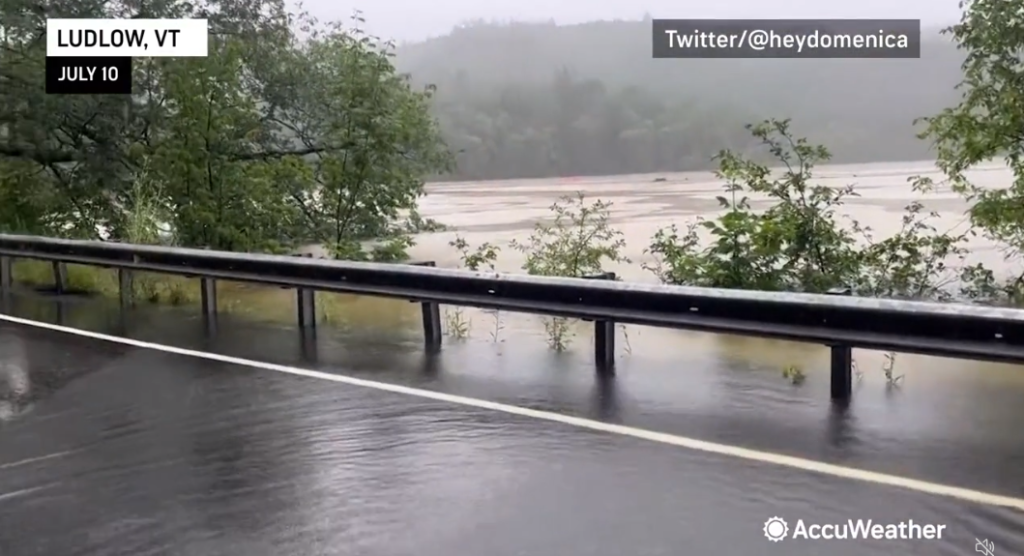As we stand on the precipice of a global climate crisis, it’s evident that climate change is no longer a distant reality but a daunting problem we face in the here and now. The catastrophic events unraveling before our eyes – the scorching heat in Beijing, the alarming floods in northeast India, and the intense rainfall causing billions of dollars of damage in the Northeast of the United States – all underscore the urgency of taking immediate action to address global warming and climate change.
Warming Oceans, Rising Temperatures
Our planet is on the brink of a severe environmental crisis. Beijing recently witnessed its hottest day in June, with temperatures breaking long-standing records. Such intense heatwaves are increasingly becoming the norm rather than the exception, largely driven by the mounting concentration of greenhouse gases in the Earth’s atmosphere. We must reduce our dependence on fossil fuels and make a swift transition to renewable energy sources. This transition will not only help mitigate global warming but also provide an impetus to green growth and sustainable development.
Torrential Rainfall and Flooding
In a stark contrast, we also see parts of the world being ravaged by severe floods. Northeast India and the Northeast United States are experiencing devastating rainfall and flooding, causing widespread damage and affecting millions of lives. Some cities have received over two months’ worth of rain in less than a day, underlining the severity of these extreme weather events.
As global temperatures rise, the Earth’s water cycle intensifies, leading to more frequent and severe rainfall and flooding. We need to adopt a two-pronged approach here: reducing carbon emissions to limit global warming and developing robust flood management infrastructure.
Taking Action
The time for debate is over; the time for action is now. It’s essential that governments, corporations, and individuals alike recognize the urgency of this situation and undertake the following initiatives:
Policy Reforms: Governments need to implement stringent climate policies aimed at drastically reducing greenhouse gas emissions. These include enforcing stricter emission standards, incentivizing renewable energy use, and promoting sustainable agriculture.
Climate-Resilient Infrastructure: There’s an immediate need to develop infrastructure capable of withstanding these extreme weather events. This includes flood-resistant urban planning, robust drainage systems, and heat-resistant materials for buildings.
Education and Awareness: Empowering individuals through climate education is crucial. By understanding the impacts of their actions, people can make more sustainable choices, helping mitigate climate change at a grassroots level.
Collaboration: This global crisis requires a global response. We must foster international collaboration, sharing technology, knowledge, and resources to combat climate change collectively.
We stand at a crucial juncture in our fight against climate change. Our response to this crisis will define not only our generation but also the future of our planet. We must choose to act decisively and promptly, transitioning to a sustainable, low-carbon future that is resilient to the challenges posed by climate change. The earth is our home, and it’s our collective responsibility to protect it for generations to come.

